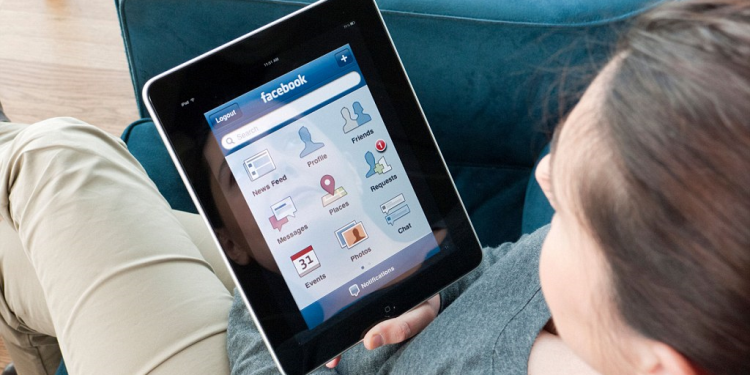Social media impacts life in myriad ways these days. For example, people spend generously to buy designer clothes and accessories to post their photos on social media sites. Getting virtual attention is all that matters to many people, especially the youth.
Orissa POST looks at what happens when virtual “likes” become more important for a person than being liked in real life and how this need to be “liked” can influence the day to day life of a person.
Subarna Keshari Rout, an IT professional, said, “It feels good and gives you a psychological high when you get a “like” for your post. Probably, this is the reason we crave virtual attention. The popularity of a person is now being judged by the number of likes he or she gets on FB, Twitter or Instagram platforms. Celebrities also communicate with their fans through social media now. A recent report said that Deepika Padukone and Ranveer Singh didn’t allow their marriage photos to be circulated in the media before they shared them on their own social media pages. Priyank Chopra and American singer Nick Jonas also followed suit. It was only to get more likes and comments for their posts, it was said. It is not just these two stars, there is no shortage of other such examples.”
A recent study confirmed that the same brain circuits that are activated by eating chocolate and
winning money are also activated when we see a large number of likes. The study also said that
seeing the likes on a stranger’s post made participants of the study engage more with it, in a
‘follow the crowd’ kind of mentality
“It’s not true that everyone on social media is only obsessed about likes or comments, some are using it to supplement their income too. I have seen people delete their posts when they fail to get enough likes and comments. I believe these people need psychiatric aid to overcome this problem,” said Sthita Pragnya Nanda, a HR professional of Bhubaneswar.
“You can earn by selling Facebook page likes. It is known as social media optimisation. The world over, many business houses target their customers through brand promotions on social media sites. Your earning depends on the demography you are targeting and the type of clients you can get. There are also other methods to make good money on FB. Although some of them require initial investment in terms of time and money, you get good dividends. So, collecting likes or comments is not bad always,” she added.
“It’s a reward cycle, it’s like you get a shot of dopamine every time you get a ‘like’ or a positive response on social media,” explains psychologist Swarnamudra Mishra of Jajpur. “We have become so obsessed with likes, followers, comments, right swipes, and just about everything to gain attention on social media that we forget about other important things in our life. And, if kids are exposed to this, it will hamper their growth. We need to spend less time worrying about what others think, and more on how we can better our life and that of our family members.”
If you’re one of the millions of Instagram, Twitter, Facebook and WhatsApp addicts, here are some tips to help manage your social media life.
Limit yourself: Stop spending hours looking at smartphones. Instead, you can spend those hours reading a new book or spending time with family and friends.
Take a break: Sometimes a break is all you need to rejuvenate yourself. Try other activities, such as going for a walk, gardening or watching television, to make sure that your addiction doesn’t go beyond a limit.
Counsel others: If you find some among your friends and family members have a social media addiction, advise them to take a break and get involved in some creative activities.
Stop worrying: Forget about the likes, followers, and comments that you receive. Focus more on becoming a better person, that is all that truly matters.
SOYONG, OP







































